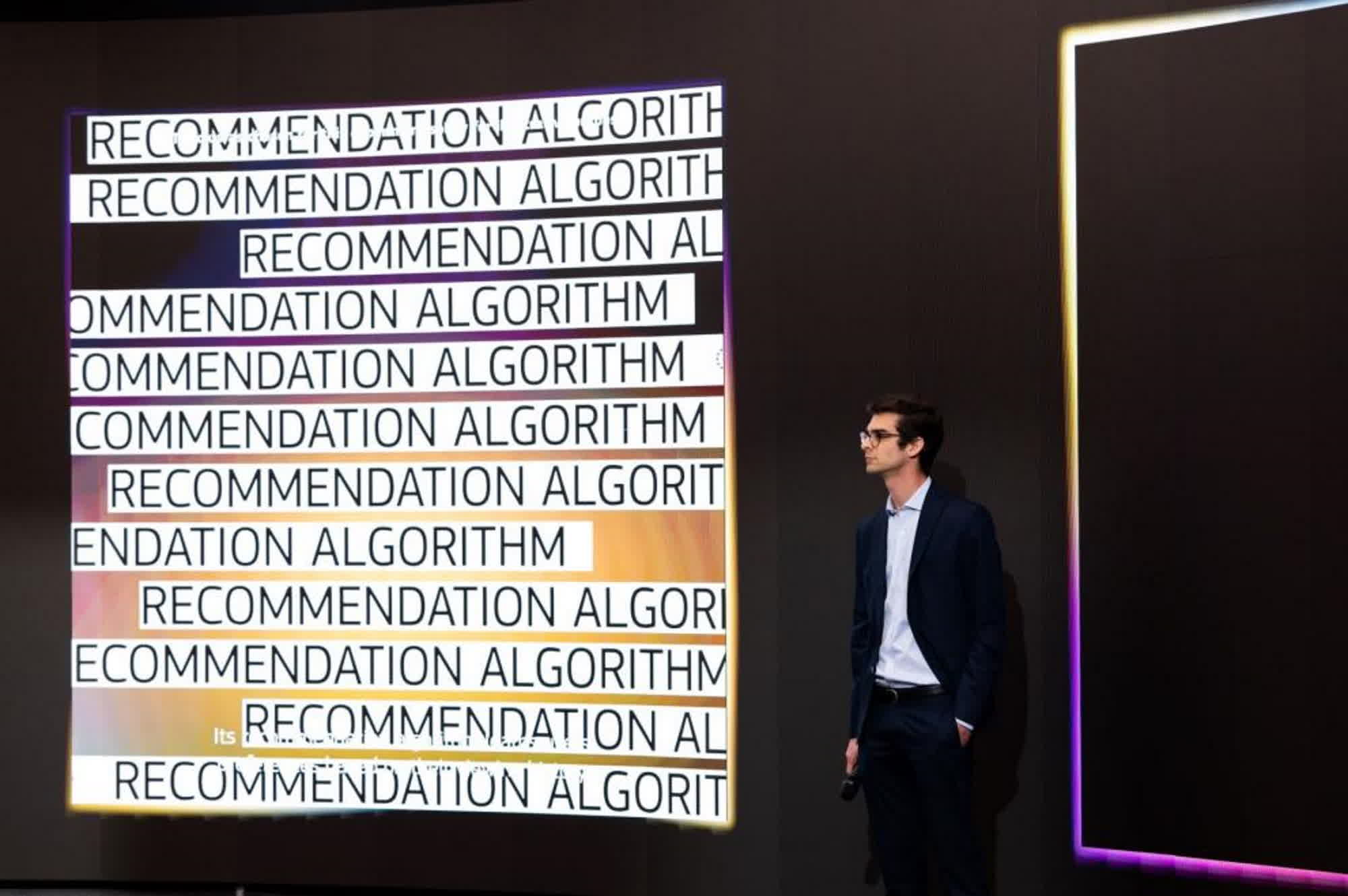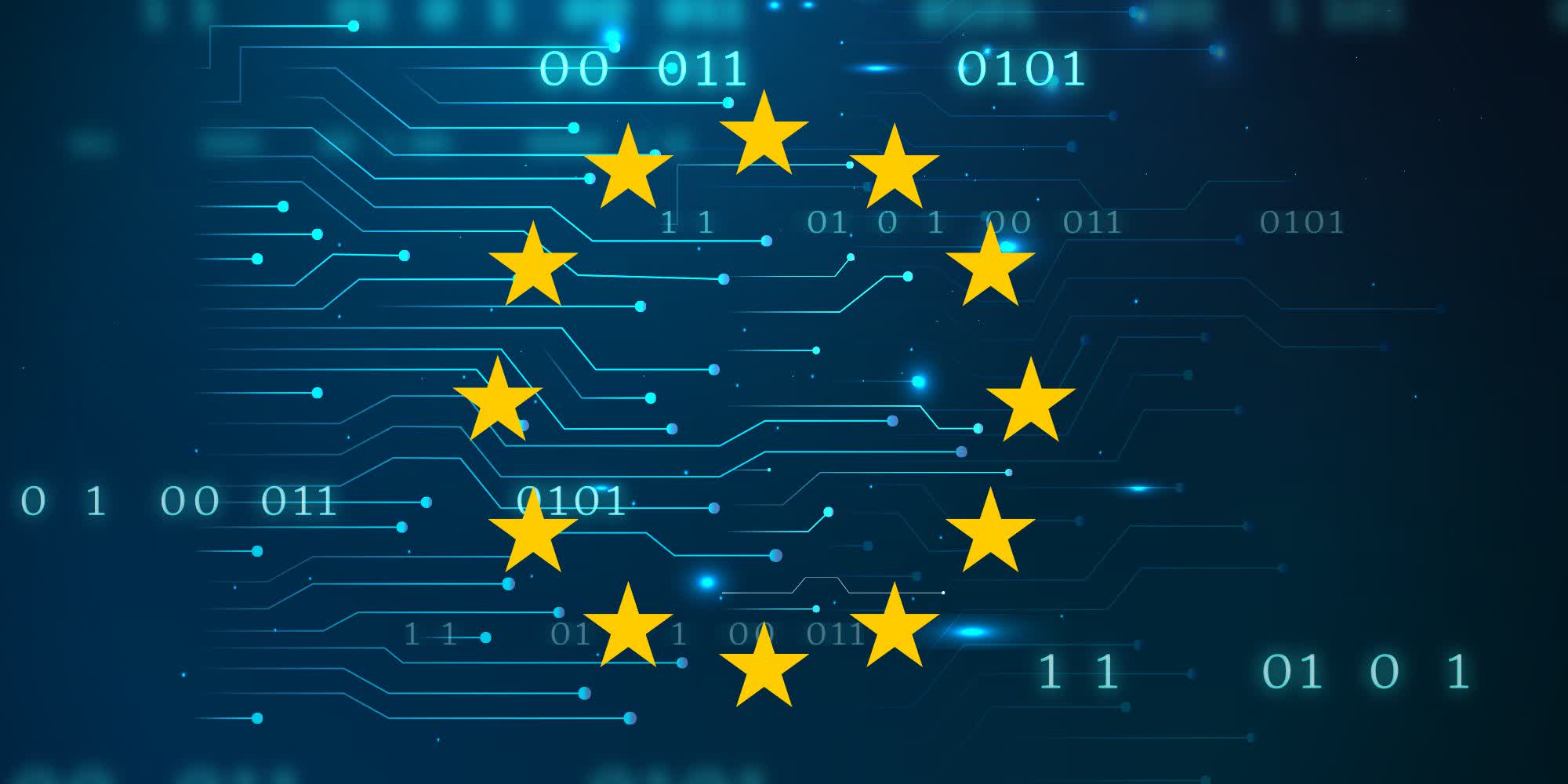What just happened? The European Union has unveiled its latest regulatory initiative, a watchdog organization designed to bringing a new level of transparency to "very big" IT companies and their often mysterious algorithmic applications.
The newly introduced European Centre for Algorithmic Transparency (ECAT) is EU's first center focused on researching how big corporations use (or abuse) algorithms to amass their ungodly financial wealth. Working to enforce the Digital Services Act (DSA) directives, ECAT will give experts the chance to see how the algorithms work, and check if their inner cogs are infringing the latest European regulations.
According to the DSA, platforms with more than 45 million users are considered "Very Large Online Platforms" or "Very Large Online Search Engines." Those gigantic companies doing business in the European market are now required to carry annual assessments about how they are protecting their users against online threats, illegal content or disinformation.
Starting January 1, 2024, companies will be required to operate in a more transparent way, detailing how their algorithms work and how their online products provide advertisers with user profiling and ad targeting features. ECAT officials will audit said algorithms to check Big Tech's actual commitment to transparency and user protection.

The DSA is a response to the "increasing need to unveil and better understand the technologies that drive platforms business models," ECAT's official presentation states. The creation of ECAT will allow Europe to improve its technical expertise in the field of data science and algorithms. ECAT is recruiting "top-notch experts" to support the new regulatory tasks, and is aiming to become the "reference for research around algorithmic transparency."
AI systems are growing in size and complexity at an extremely accelerated pace, EU officials said, and demand for regulating and governing AI capabilities is becoming a crucial issue. ECAT's main duty won't be AI, however, as regulators will spend their time probing the algorithms hiding behind social media, online search, e-commerce shops and such.
ECAT will work together with scientists, experts, industry representatives, academia, and NGOs to "improve our understanding of how algorithms work," the EU says. ECAT will analyze companies for transparency, assess risks, and ultimately propose "new transparent approaches and best practices."
As for the big AI elephant in the room, Europe is debating on yet another regulatory effort and overall framework known as "AI Act."
https://www.techspot.com/news/98406-ecat-europe-new-initiative-investigate-black-box-online.html
